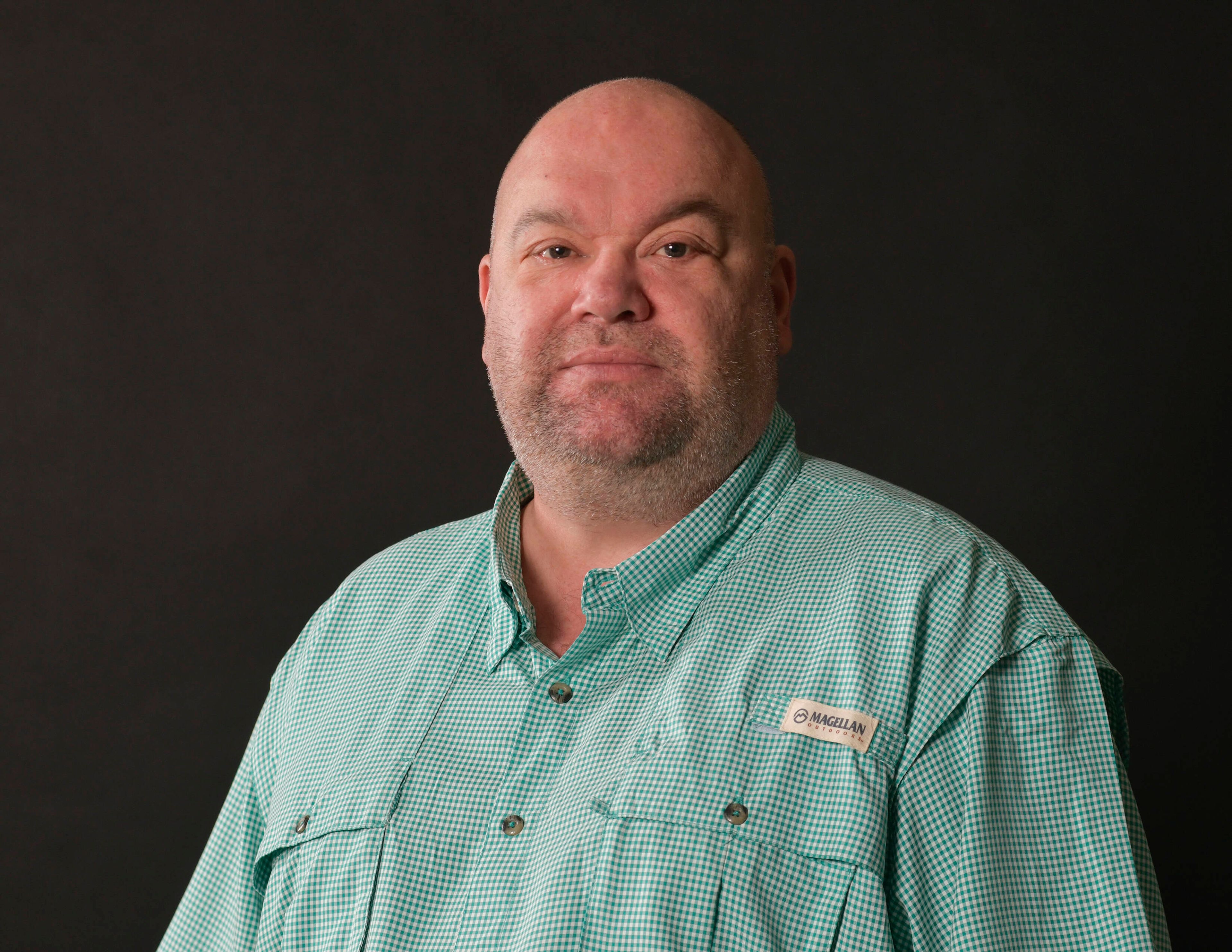SoutheastHEALTH to merge with Mercy
Competitor will become partner as SoutheastHEALTH president and chief executive officer Ken Bateman announced Monday, Jan. 30, the organization will merge with the Mercy system. According to a release, SoutheastHEALTH has signed a letter of intent with St. Louis-based Mercy, and officials expect the merger to be complete in the fall...
Competitor will become partner as SoutheastHEALTH president and chief executive officer Ken Bateman announced Monday, Jan. 30, the organization will merge with the Mercy system.
According to a release, SoutheastHEALTH has signed a letter of intent with St. Louis-based Mercy, and officials expect the merger to be complete in the fall.
"We've achieved our goal, to focus on alignment with a health system that demonstrates a strong willingness to make SoutheastHEALTH a regional hub in southeast Missouri and the greater tri-state area it serves," Bateman said in the release. "Mercy is the best strategic fit for both entities and this vision. With a proven track record in community health, Mercy fully supports strengthening access to affordable primary and specialty health care for all residents in the communities we serve."
Bateman also said that while Mercy's scale is important, this alignment is a "great fit" for SoutheastHEALTH's culture and also good for the community.
Mercy president and chief executive officer Steve Mackin said the partnership will benefit patients in the area.
"We look forward to the opportunity to provide even more access to high-quality, lower-cost health care for the Cape Girardeau community," he said in the release. "By joining together, we will utilize Mercy's extensive network of resources and services to further position SoutheastHEALTH as the regional hub for industry leading health care. We are very excited to have the potential to serve in this part of Missouri."
Jim Dufek, chairman of the SoutheastHEALTH system board, said the group fully supports the merger.
Process
The partnership is a result of Southeast's Project Forward Vision, which Bateman announced in May.
Then, Bateman noted Mercy's potential partnership with Perry County Memorial Hospital in Perryville, Missouri.
"Mercy is about a $10 billion asset system, and we know they want to come into Cape Girardeau and establish a presence," Bateman said. "When you are faced with a $10 billion system 30 miles away, to do nothing is not an option. ... Mercy presented a challenge, and it's my job to find a solution."
Announcing the possible partnership, Bateman said increasing labor costs were a driving force.
"I see what's coming in terms of the economy. I see what is happening with labor, and now, I see what's happening with Mercy coming into our competitive landscape. When you put the three of them together, I have to make sure I have us positioned for 10 years, 20 years from now. If we do nothing, those forces will start to diminish who we are and the value we bring to this community," he explained. "One thing we recognize is the challenges that are going on in the industry are going to require scale, and the labor challenges are enormous. The labor shortage has created a labor-cost issue. Last year, we spent about $16 million more on labor than in the previous year."
Partnering with a larger system, Bateman said, would help SoutheastHEALTH's buying power by increasing efficiencies and spreading costs among more facilities, which would allow Southeast to pour more resources into wages.
"We are not distressed. We are not being sold, and we could walk away, but I do think that what is coming the way of health care is going to require scale," he said. "This isn't a defensive move. ... I want to take Southeast to the next level and that is going to be through a partnership."
Connect with the Southeast Missourian Newsroom:
For corrections to this story or other insights for the editor, click here. To submit a letter to the editor, click here. To learn about the Southeast Missourian’s AI Policy, click here.











